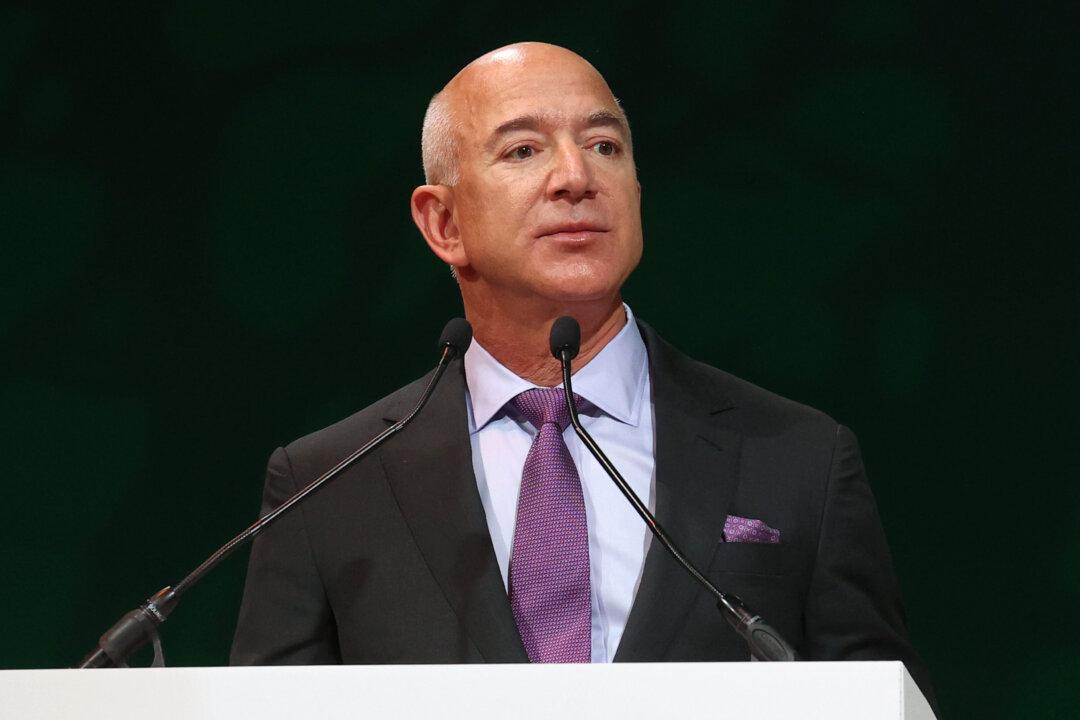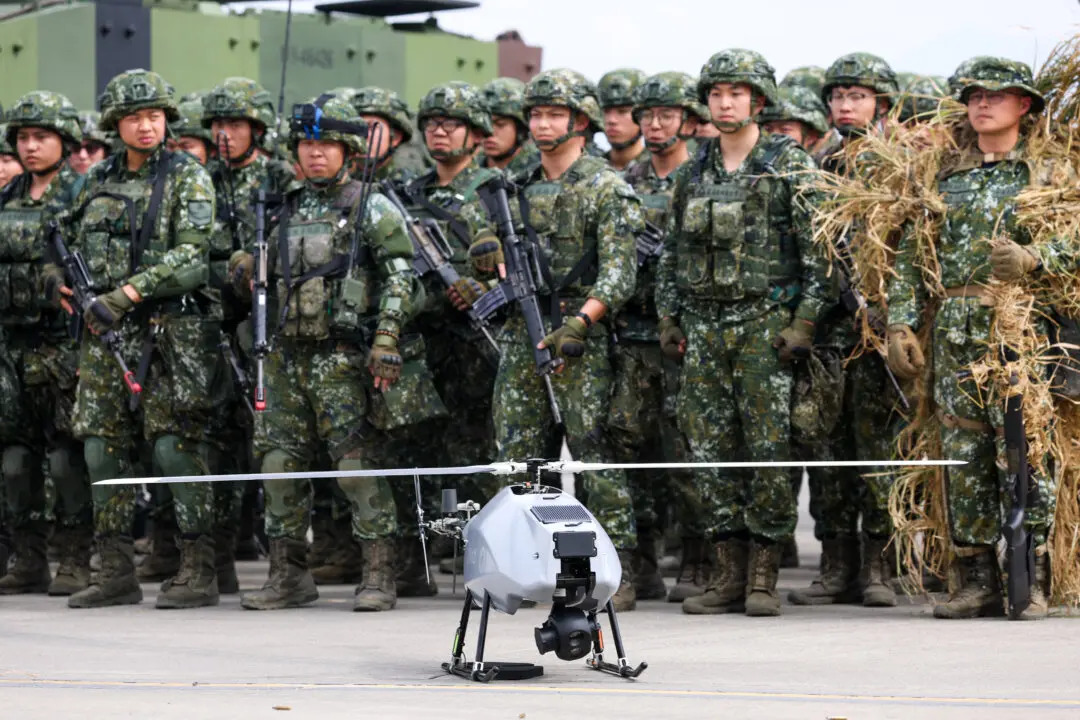Amazon founder Jeff Bezos questioned whether Twitter will fall under the influence of the Chinese regime, hours after Tesla CEO Elon Musk secured a $44 billion buyout of the social media firm.
“Interesting question. Did the Chinese government just gain a bit of leverage over the town square?” Bezos wrote on Twitter, responding to a post by a New York Times reporter who outlined the ties between Tesla and Beijing.





